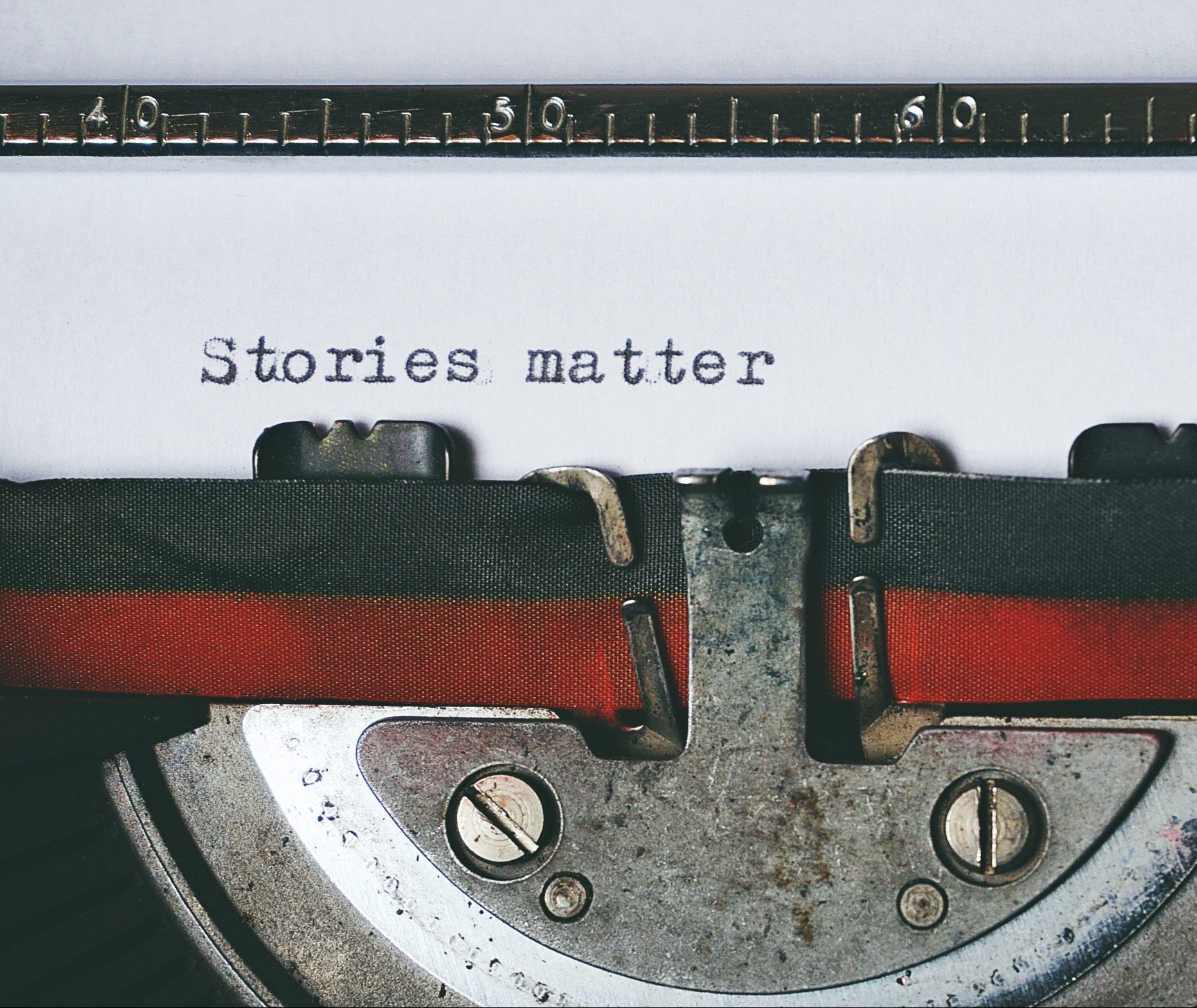Top Tips for Crafting Compelling Storytelling
Stories have been at the heart of how humans communicate with each other since the very beginning. As a species we’ve passed important information down the generations through stories told at bedtime to our kids, or as songs, paintings, poems, books, comics, plays, movies, TV shows or social media posts.
This is why storytelling can’t just be limited to making up stories about dragons, gangsters, aliens or superheroes. How you tell your brand’s story is crucial for engaging customers and stakeholders with your key messages. It’s about telling them who you are, why you do what you do and why that should matter to them.
At Social, storytelling is a huge part of what we deliver for our clients on a daily basis, whether it’s through thought leadership pieces, blogs, social media campaigns, videos, podcasts or any other format that we know works for the relevant audiences.
So here are some of our top tips and why they can help you make your storytelling compelling:
Just Get Started
Whether you are an experienced copywriter or not, starting out on something new and important can be daunting. There can be the temptation to stall, to do that bit more research, to map it all out just one more time. But this is prevarication and what you need to do is start.
Fantasy writer Neil Gaiman said it best: “This is how you do it: you sit down at the keyboard and you put one word after another until it’s done. It’s that easy, and that hard.” I’m a Senior Content Writer here and this is still how I write everything and have done for the 20 years I’ve been working as a writer.
Don’t worry about mistakes when you’re writing at the start, because you will get the chance to fix them. As Nora Roberts said: “You can fix anything but a blank page.”
Edit and Rewrite and Rewrite Again
When you have finished writing something, it’s important to realise that you have not finished, you’ve just finished the first draft. In his essential book On Writing, Stephen King offers the advice he was given by local newspaper editor John Gould: “When you write a story, you’re telling yourself the story. When you rewrite, your main job is taking out all the things that are not the story.”
What he meant was that your first draft is about you getting the story down, so you don’t need to worry about editing at this stage, just get everything down on paper (or in a Word document). Then it’s time to re-read it and bring some focus and clarity to what you’ve written, by being ruthless with anything that isn’t necessary to tell your story. And this applies to any kind of story, not just the kind that Stephen King writes.
Speak Fluent Human
This is practically a mantra here at Social and in everything we create, we strive to speak fluent human instead of using unnecessarily complicated jargon or language that will alienate people. Telling your story in a way that people can’t understand it means missing out on the chance to engage them.
The US Navy call it ‘Keep it Simple, Stupid’. Leonardo da Vinci said: “Simplicity is the ultimate sophistication.” Albert Einstein said: “If you can’t explain it to a six-year-old, you don’t understand it yourself.” George Orwell said: “Never use a long word where a short one will do.”
Use Your Authentic Voice
If you’re not a confident storyteller, it can be tempting to put on an act. ‘Fake it til you make it’ is an ethos that has its uses but when it comes to telling your own story, you need to sound like yourself, not someone else.
Late last year I read rock star Dave Grohl’s autobiography and saw some criticism that he was pulling a lot of punches in it, instead of doing what we love celebrities to do in their books and using it to settle some scores. But these reviewers forgot who Dave Grohl is. He is ‘the Nicest Guy in Rock’.
If his book had come out with acidic barbs jutting out from every page, it wouldn’t have been true to his voice. Instead, it’s a joyous collection of anecdotes and stories from his life, glossing over the darker times and accentuating the positive. Coincidentally, it’s called The Storyteller and it’s packed with great on-brand storytelling.
Don’t Forget to Perform
Wait, didn’t I just tell you to be authentic and sound like yourself? Whether you are telling your story in written words or standing up in front of a business conference, you need to be authentically yourself (or your brand) while also putting on a show.
I’ll illustrate this with two audiobooks I listened to recently by very different all-female music groups. One was Really Saying Something by 80s pop legends Bananarama, the other was Fallopian Rhapsody by 90s punks Lunachicks. VERY different.
I was looking forward to both but gave up on the Bananarama audiobook after about five minutes. Their performance of the audiobook was flat, unengaging and I couldn’t face another eight or nine hours of it. The Lunachicks audiobook on the other hand was feisty, funny and full of their character.
It was authentically them, and they remembered that they needed to perform their story as well as tell it. In other words, whatever your brand, whatever your story, whatever the format, don’t be boring.
At Social, we are born storytellers. In a crowded marketplace and disjointed world, we’ll help you make the connections to win hearts and minds, and make sure your voice gets heard. We have the creativity and insight to develop a rich narrative that will make you stand out from the rest. Why not get in touch and find out more?


